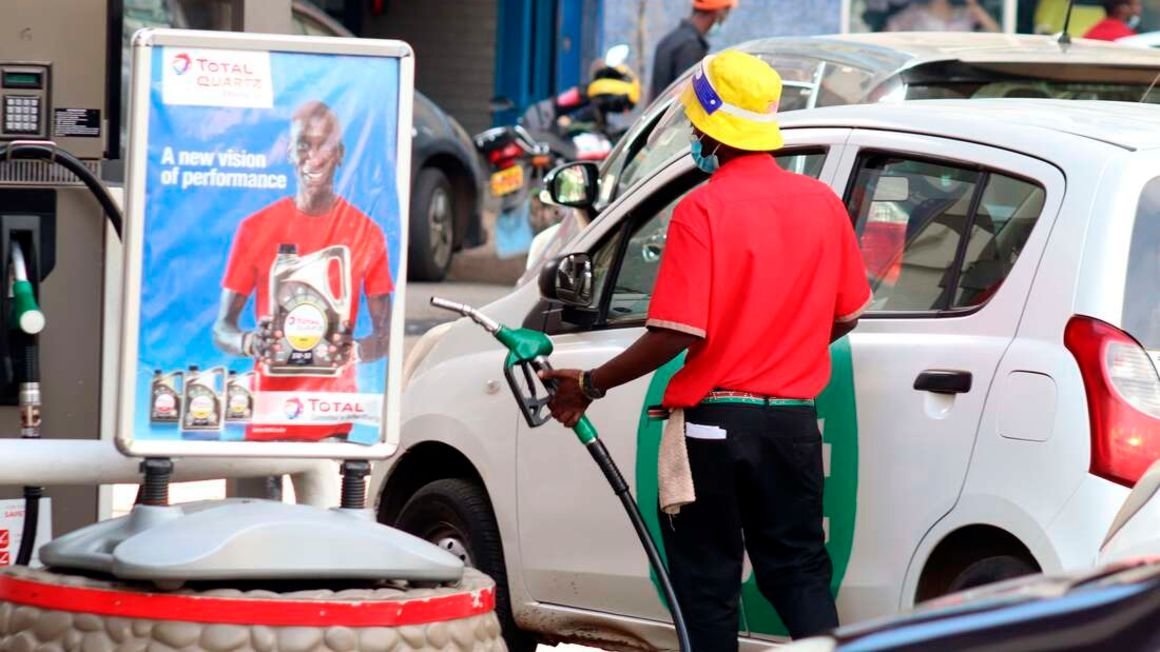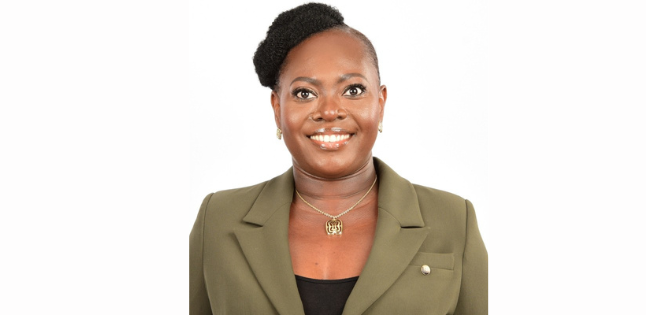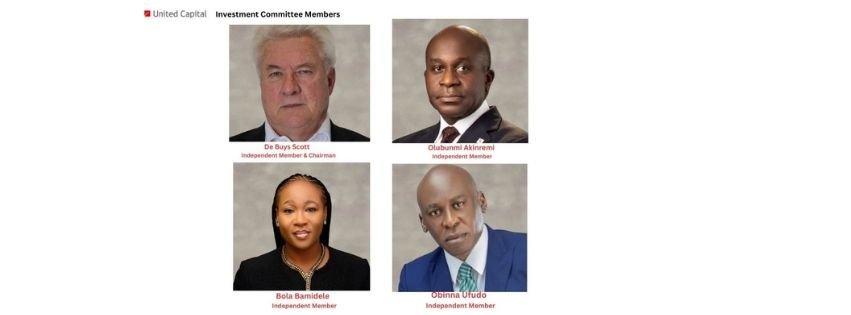

Pressure on subsidy fund as oil hits 7-year high
Global crude oil prices have hit a seven-year high this week in what promises to put more pressure on the government’s fuel subsidy programme that cushions consumers from high fuel prices.
Global oil prices have been on a steady rise since the start of the year and hit $88.47 (Sh10,037) per barrel yesterday, the highest since October 10, 2014.
The latest price rally has been blamed on supply disruption after militants attacked fuel trucks in the United Arab Emirates (UAE), hurting an already tight supply in the Gulf.
The rise in global crude prices shines the spotlight on the Exchequer because it will increase compensation to oil marketers if the States opts to cut their margins and keep pump prices unchanged.
Oil marketers are already grappling with delayed compensation from the State dating back to last year in payment hitches linked to depletion of cash in the fuel subsidy scheme.
Pump prices for the February to March review will be calculated based on this month’s costs of buying and shipping fuel from the source markets.
“Going by the current trend in global prices, fuel prices for the February-March review look should be the highest in years unless the government opts to continue with the subsidy,” Powell Maimba former chair of industry lobby, Petroleum Institute of East Africa said.
“It is a catch-22 situation, either release the prices and let wananchi pay for the actual costs like in other countries but brace for public anger. The alternative is to lower taxes but this will hurt the budget,” he added.
A rise in diesel prices would trigger public outrage given that Kenya’s economy is diesel-driven. The costs of energy and transport have a significant weighting in the basket of goods and services that is used to measure inflation in the country.
Producers of services such as electricity and manufactured goods are also expected to factor in the higher cost of petroleum products.
For example, a litre of super petrol would be retailing at Sh144.47 in Nairobi instead of the current Sh129.72 while diesel would be selling at Sh128.44 per litre instead of the Sh110.60 if the State had not applied the subsidy in the monthly review lapsing February 14.
Kenya has since March last year offered consumers of diesel and kerosene a subsidy, with those using petrol enjoying the benefit with the exemption of the May review.
But Epra discontinued the subsidy in the monthly review to October 14, prompting fuel prices to hit a historic high of Sh134.72 per litre of super and Sh115.6 per litre of diesel in Nairobi- the highest in Kenya’s history.
The discontinuation was attributed to a lack of funds in the subsidy kitty after the National Treasury diverted Sh18.1 billion to the Transport and Infrastructure ministry to defray the Standard Gauge Railway costs in September last year.
The subsidy has been supported by money raised from fuel consumers through the Petroleum Development Levy, which was increased to Sh5.40 a litre in July last year from Sh0.40.
Global prices of crude crossed the $80 per barrel last December amid tight supply from the source markets and last week’s attack on UAE— a major producer of the commodity is fuelling prices towards the $90 per barrel mark.
The Houthi militants warned of more attacks on UAE’s oil-producing and refining facilities in what looks set to dim hopes of a fall in the global pricing of crude.
Mr Maimba added that delayed compensation to oil marketers has hurt the industry’s working capital amid increasing costs of shipping refined fuel whose prices have skyrocketed in the global market.
Oil marketers were paid Sh1.753 billion for the November-December cycle and an undisclosed balance is yet to be paid.
The sector lobby group wants the government to pay interest on the delayed cash to cushion the increased costs of servicing bank loans.















